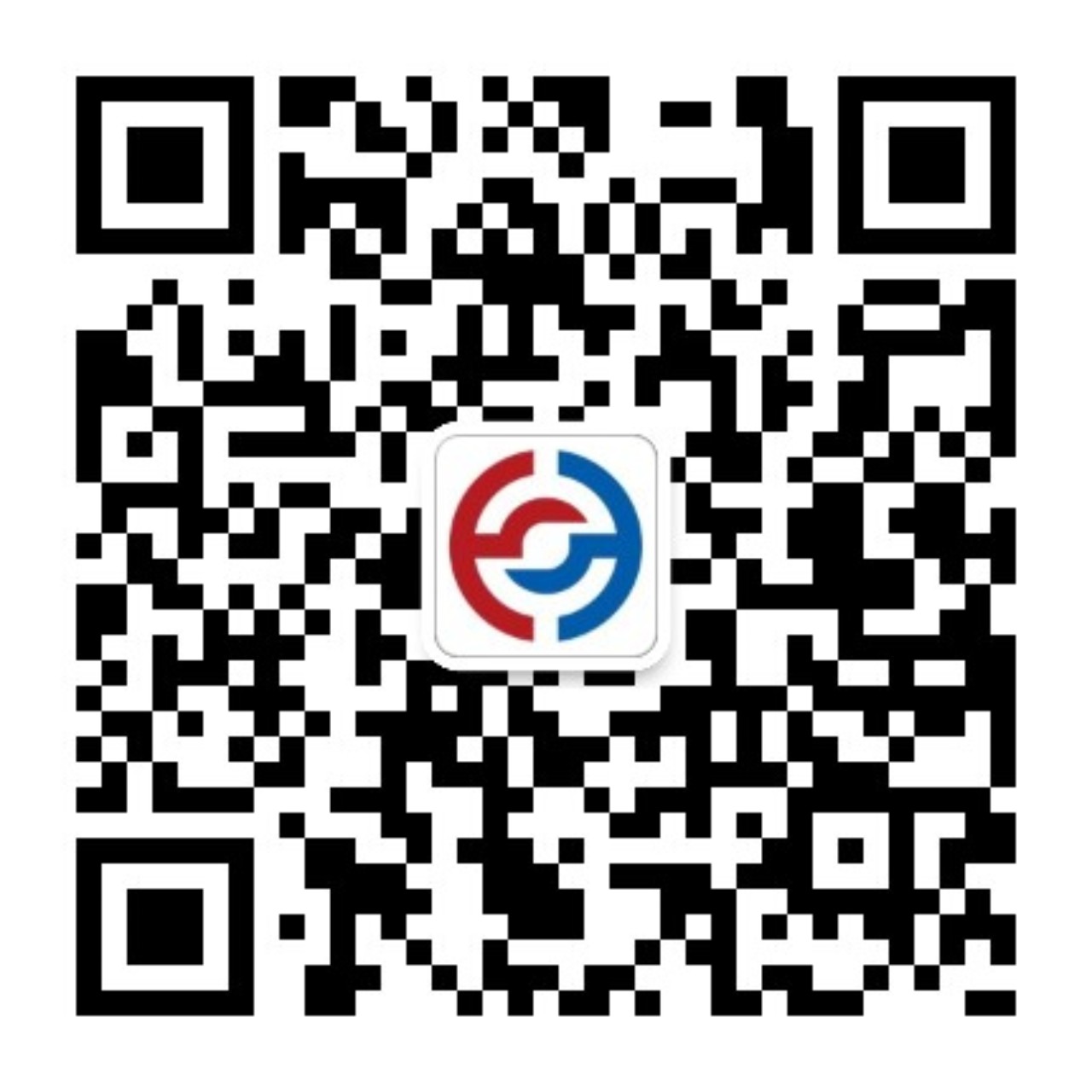2025年11月,德国ZEW经济景气指数降至38.5,低于10月份的三个月高点39.3,也低于市场预期的40,反映出人们对政府实施有效经济政策的能力的信心减弱。ZEW总裁Achim Wambach教授表示:“投资计划应该提供经济刺激,但结构性问题依然存在。”。化工和金属行业的前景尤其疲软,而银行和保险业也较上月有所下降。相比之下,私人消费有了显著改善,增长了13.3个百分点,电气工程、服务、电信和IT行业略有增长。与此同时,11月当前经济状况指数上涨1.3点,至-78.7。
Germany’s ZEW Indicator of Economic Sentiment slipped to 38.5 in November 2025, down from October’s three-month high of 39.3 and below market expectations of 40, reflecting waning confidence in the government’s ability to implement effective economic policies. “The investment program should provide an economic stimulus, but structural problems persist,” said ZEW President Prof. Achim Wambach. The outlook is particularly weak for the chemical and metal industries, while the banking and insurance sectors also registered declines compared with last month. In contrast, private consumption saw a notable improvement, rising 13.3 points, and the electrical engineering, service, telecommunications, and IT sectors posted modest gains. Meanwhile, the current economic conditions index rose 1.3 points to -78.7 in November.
